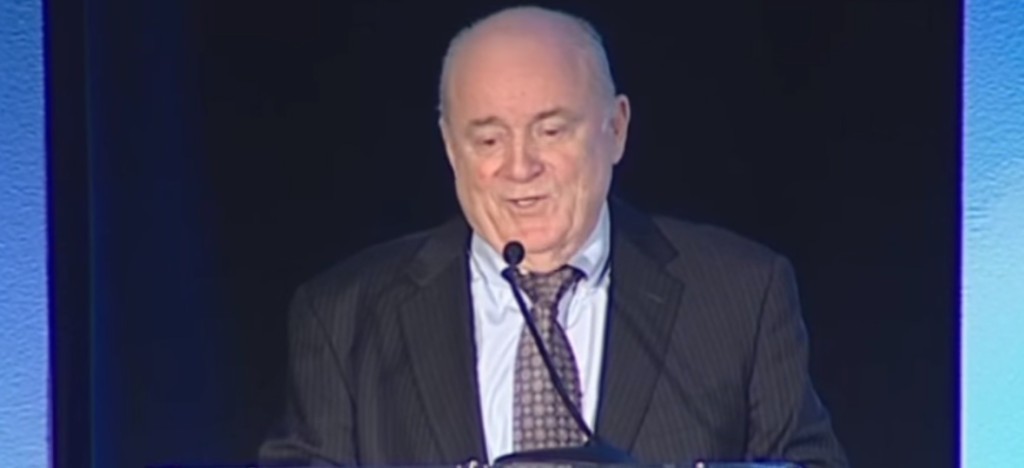Access, Education, and Today’s Workforce, Speech Presented at UPCEA 100th Annual Conference, Washington, D.C. April 1, 2015
In this presentation at the UPCEA centennial conference, Anthony Carnevale addresses the challenges confronting educators and policy makers as our society seeks to navigate its way through increasingly scarce public funding resources and the need to educate our workforce. Policy makers are interested in reducing the costs of postsecondary education while increasing its efficacy, helping workers to find jobs and increase their wages while employed in their chosen fields. As policy makers seek accountability for public investments in postsecondary education, increased regulation in the form of learning outcome standards seems inevitable in this environment.
Today, the education of our workers takes many forms, from workplace training to institutions of higher learning to Internet tutorials, a complexity that reflects the increased sophistication of our economy. Dr. Carnevale addresses these issues in light of the dramatic changes that have occurred in the U. S. economy since the late 1970s, providing a broad lens through which we can view the tensions between our democracy, which is guided by values that promote inclusion and access, and capitalism, our economic system that operates by competition. As economic divisions in our society become more pronounced, our educational institutions often reflect that division, with the elite having the best access to educational options. The challenge facing educators, especially those in continuing and professional education, is to find ways of educating all segments of our population so that education can become a means of bridging class differences.
Anthony P. Carnevale is an internationally recognized authority on education, training and employment. He was appointed by President Clinton as Chairman of the National Commission on Employment Policy. Dr. Carnevale also served as Vice President of the Education Testing Service (ETS) between 1996 and 2003.

